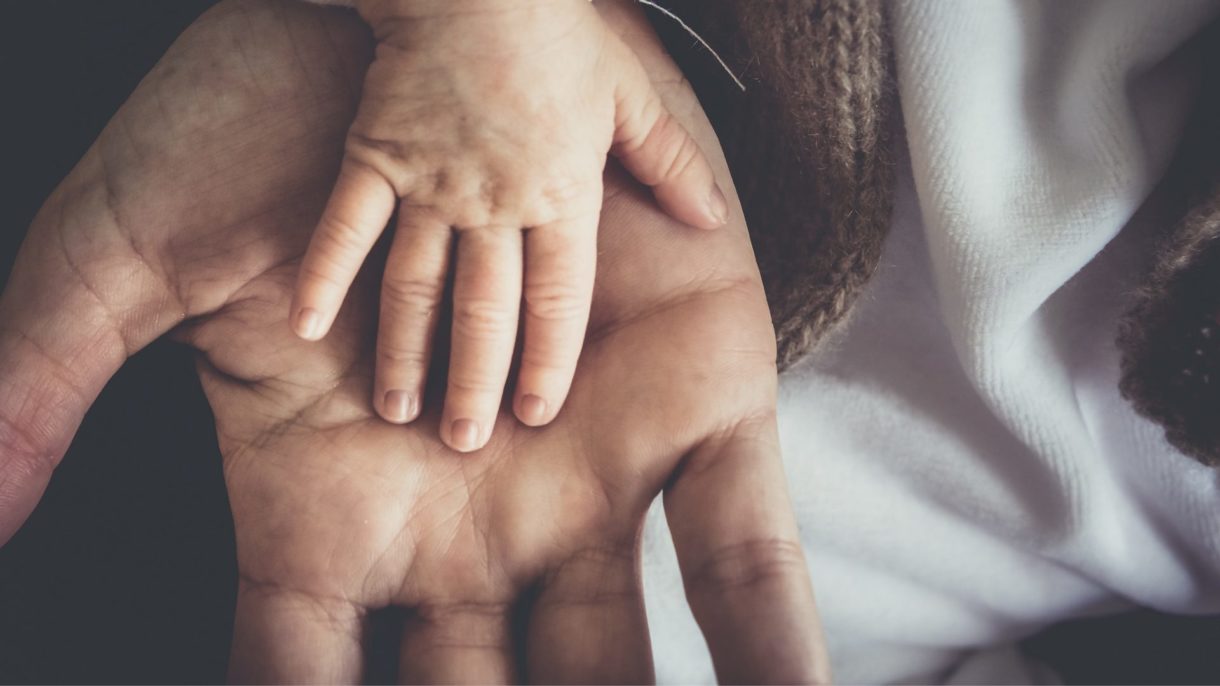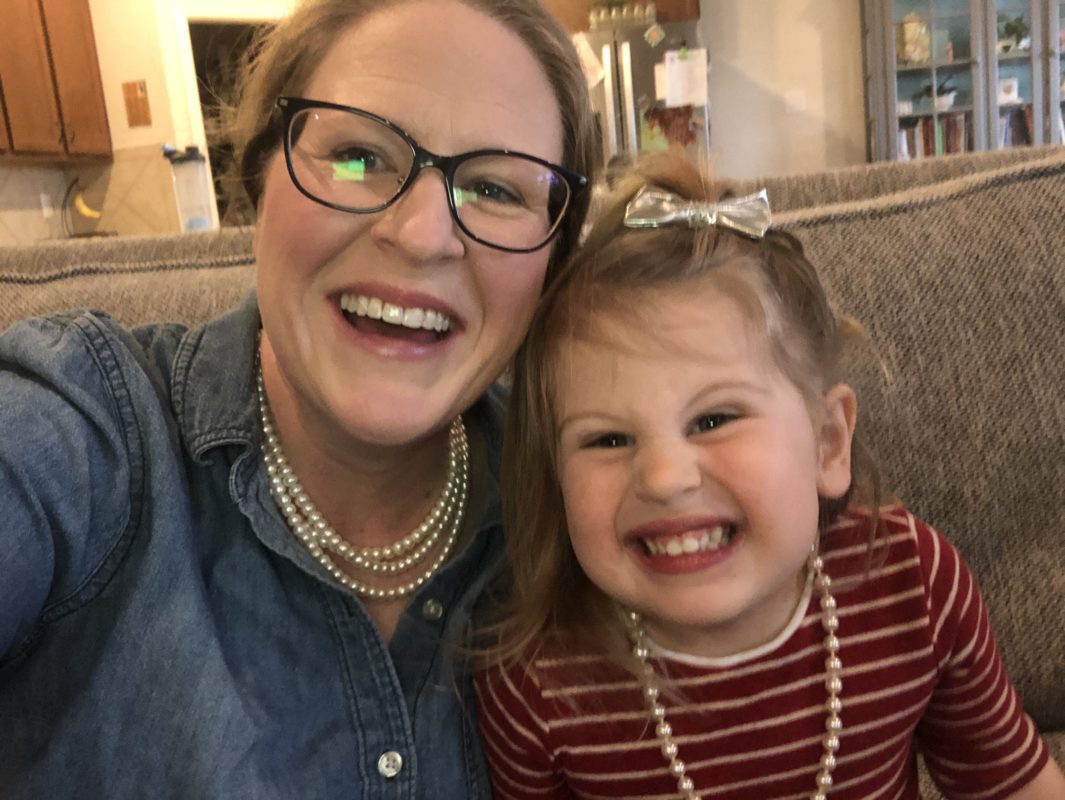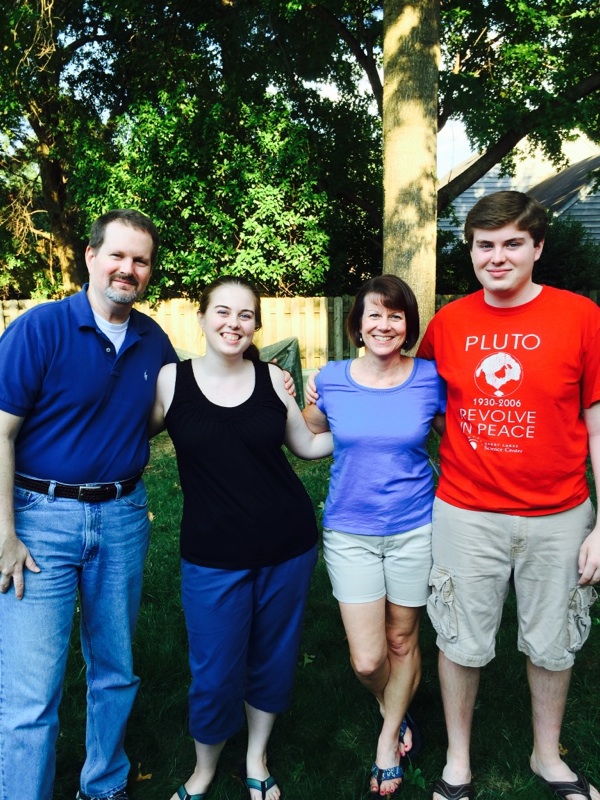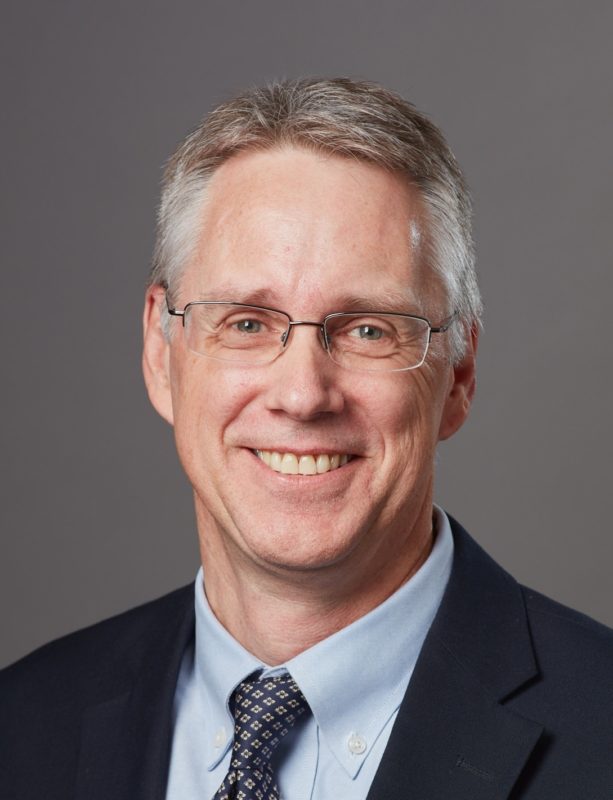Featured Survivor Story:
Parenting While Living With Melanoma

by Mara Klecker
It’s natural and common to worry about how a parent’s cancer diagnosis and treatment is going to affect their children, said Dr. Dwain Fehon, Chief Psychologist for Psychiatric Services at Yale New Haven Hospital.
And it’s natural for parents to want to shelter their children. They want to protect them from emotional pain and stressors. They want to avoid burdening them.
“It’s an almost universal concern,” Fehon said. But withholding information about a melanoma diagnosis or what it may mean is not the best path toward supporting a child, he said.
“The best strategy and approach is having good, open lines of communication with children and gearing that communication to the right developmental level for the child,” Fehon said.
When breaking news about a cancer diagnosis to a child, particularly those who are younger, it’s important to go slow and provide the basic pieces of information before pausing and asking the child questions like, “Do you understand what I just said?” or “What does that mean to you? Do you have any questions about what I just said?”
Fehon recommends having the conversation in a comfortable space when there’s enough time for discussion without feeling rushed. He also encourages parents to be in a good head space themselves when they sit down to tell their children.
“Children generally will follow the leads of their parents,” he said. “If parents are coping relatively well and are able to talk about what’s happening in an open, thoughtful and honest way, kids are reassured by that and will be able to cope as well.”
Even though young children may have a limited understanding of melanoma or cancer treatments, they are likely going to observe changes in their mom or dad. Without an explanation, they may fill in their own narrative, which in turn can cause them anxiety.
“It’s important for parents to know that it’s OK and helpful to let kids know in advance what changes they might see,” Fehon said.
In retrospect, Sarah Clements feels she could have explained more to her daughter to help her understand why her mom was so tired all the time or why she was frequently going in to see the doctor.
About six years after a melanoma in situ diagnosis, Sarah found a lump under her arm. Doctors soon confirmed that the cancer was in her lymph nodes.

Sarah Clements, Melanoma Survivor
Sarah’s daughter, her only child, was just a month shy of her second birthday. Sarah explained to her that mommy had an “owie” and doctors were doing their best to help her heal.
“We weren’t trying to hide things from her, but we just didn’t explain everything because she was so young,” Sarah said.
It wasn’t until after Sarah underwent surgery, radiation, and a year of Opdivo that she and her husband started to notice changes in their daughter’s behavior: The 3-year-old was throwing tantrums when at home.
A play therapist helped identify the root of the issue: Sarah’s daughter struggled with anxiety and some abandonment issues that stemmed from watching her mom go through treatment, which often left her extremely fatigued.
“We realized that we’d never really explained to her that mommy was better,” Sarah said. “So we sat her down again and told her what doctors did to keep me well.”
An episode of the children’s television show Daniel Tiger’s Neighborhood had helped Sarah explain to her daughter why rest would help her when she was sick. But the toddler was carrying around her own worries about what mommy’s illness really meant.
While there are support groups and resources for children of parents with cancer, many of those were unavailable during the pandemic when Sarah’s daughter would have needed them. Plus, those groups are often aimed at children older than toddler-age.
“With her being that young, I was focused on meeting her basic needs,” Sarah said. “You’re in a very survivalist mode when you’re in the middle of it…It’s counterintuitive but you’re so paralyzed by fear that your child won’t get to know you that you have trouble being present for them because it’s all so overwhelming.”
That’s a sentiment Sarah has heard from other parents as well. She’s also heard parents share her worry about misstepping when breaking the news about a cancer diagnosis.
“It is a fine line because you don’t want to scare them, but you can’t leave them in the dark,” Sarah said. “You definitely think about protecting them from it all. You think, ‘I’ll be strong so they don’t have to. But they are watching. They see how tired you are, and they know that’s not normal.”
Sarah’s daughter is four now, and her parents work to keep her in the loop about why they are going to the doctor, even if it’s just a routine appointment.
“We are very transparent with her on an age-appropriate level,” Sarah said.
Parents of teenage and adult children also struggle with worry about how their melanoma may affect their children. Ken Billett’s two children were in high school and college when doctors found cancer in his lungs in 2013, two years after he had a Stage II melanoma removed from his back and about 18 years after his first melanoma in situ.
“It was one of the worst feelings that anyone can ever have,” Ken said about sitting at the doctor’s office and hearing that he may just have 12 months to live if the cancer didn’t respond to treatment.
When telling his children, he said he tried to be honest while emphasizing that his doctors were looking into treatment options.
“It was an emotional conversation but we tried to keep it positive,” Ken said.
His daughter was attending an out-of-state college and briefly wondered if she should return home to be with her father as he underwent treatment which included oral chemotherapy. But Ken encouraged her to stay in school and focus on building her own life while promising her he’d keep her updated.

Ken Billett, Stage IV Melanoma Survivor with Family
Biomarker testing confirmed that Ken has a rare c-Kit mutation, making him a candidate for a kind of oral chemotherapy that proved successful.
Over the next several years, Ken’s melanoma became something that felt almost routine, he said. Scans showed that his tumors were not changing significantly.
That changed in 2020 when doctors found a mass on his adrenal gland. He’s now taking Keytruda, which is “doing what it is supposed to do,” he said.
It’s been more than a decade since that first difficult conversation with his children, who are now 26 and 28 years old.
His advice to other parents is to be earnest in their conversations and work to stay positive.
“That positivity has to start with the patients themselves,” he said. “Kids can see past a lot of b.s. and they’ll know if you’re not being sincere.”
Fehon agreed. He encourages parents to acknowledge some of their own feelings and concerns through comments like “I can imagine that you might be confused about what’s going on and I sometimes feel that way too. That’s OK.”
Fehon recommended having another family member present when children receive the news and letting them know they can reach out to this adult when they have concerns and questions.
“Oftentimes, kids don’t want to upset their parents and vice versa. But it’s important that parents know it’s not too damaging to discuss this. In fact, it’s often the opposite: It’s helpful for children to have that open communication.”
Facing a cancer diagnosis and treatment as a family can also prove an opportunity for life lessons, Fehon said.
“Cancer can bring valuable lessons of growth,” he said. “It can be a way for kids to learn about life, resilience, courage, and caring for someone else. Those open conversations can include those lessons as well.”
Individual cancer centers may have resources for parents with cancer. For additional guidance, Fehon recommends the book “When a Parent Has Cancer: A Guide to Caring for Your Children.”
Additional resources are listed on the CancerCare website.

Dwain Fehon, PsyD
Associate Professor of Psychiatry; Chief Psychologist, Psychiatric Services, Yale New Haven Hospital; Director, Behavioral Medicine Service
Dr. Fehon is an Associate Professor within the Department of Psychiatry and a member of the Medical Staff at Yale New Haven Hospital. As Chief Psychologist for Psychiatric Services, Dr. Fehon oversees and coordinates the predoctoral psychology training program within Yale New Haven Hospital and Yale New Haven Psychiatric Hospital. Since completing his internship and postdoctoral training at Yale in 1993, Dr. Fehon has devoted his career to psychology training and the development of hospital-based programs for adolescents, families, and adults. He is the founding director of the Behavioral Medicine Service, a clinical service that provides integrated psychological services to chronically ill adults within the Yale Cancer Center/Smilow Cancer Hospital, Tobacco Treatment Service, Yale New Haven Hospital Transplantation Center, Yale Sleep Center and Yale Spine Center. As a member of the Yale Cancer Center’s palliative care services, Dr. Fehon provides integrated psychological care to aid coping, resilience and quality of life with patients living with advanced cancer. Read more
Recent Posts

The Cost of Sunscreen May Be Costing Lives

A Conversation with Dr. Rena Szabo, PsyD on Empowering Patients

Empowering Women in Melanoma: A Look Inside the Women in Melanoma Initiative

Melanoma News and Highlights You Don’t Want to Miss


